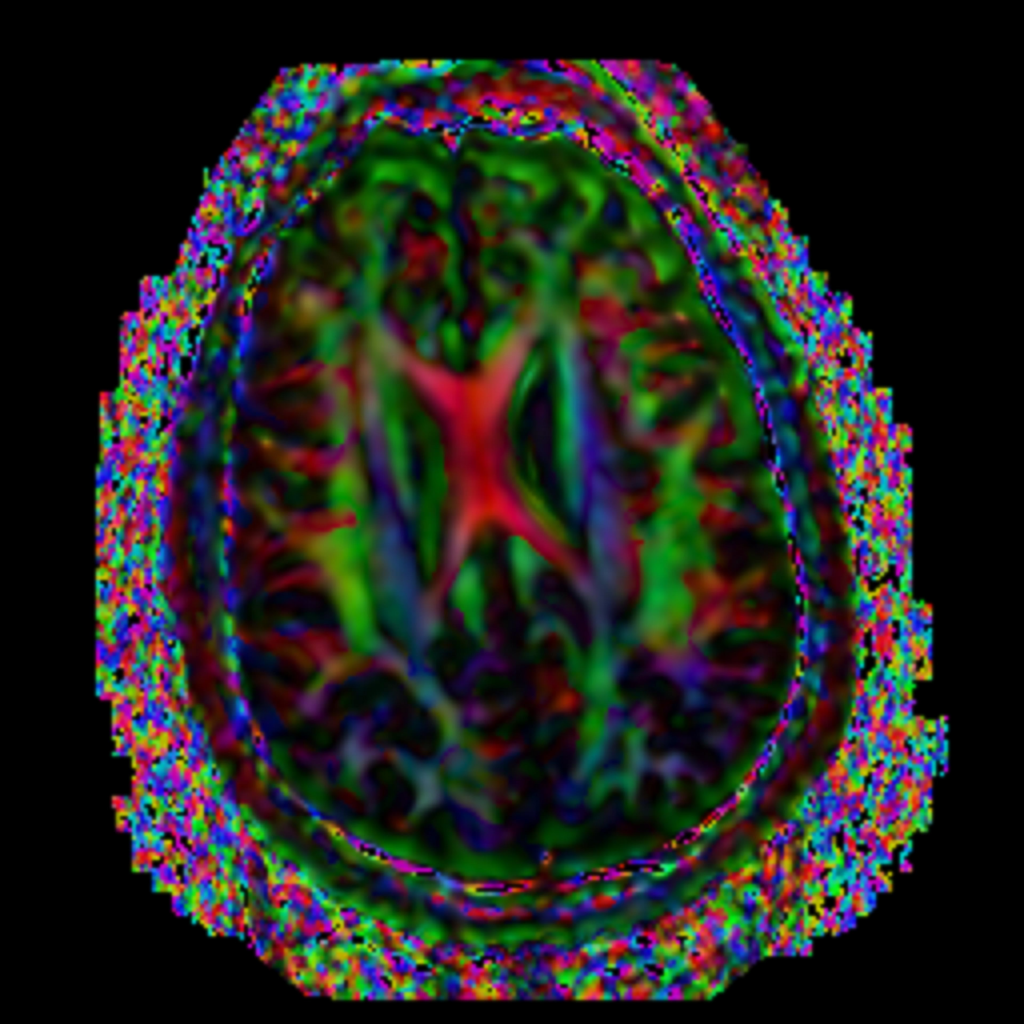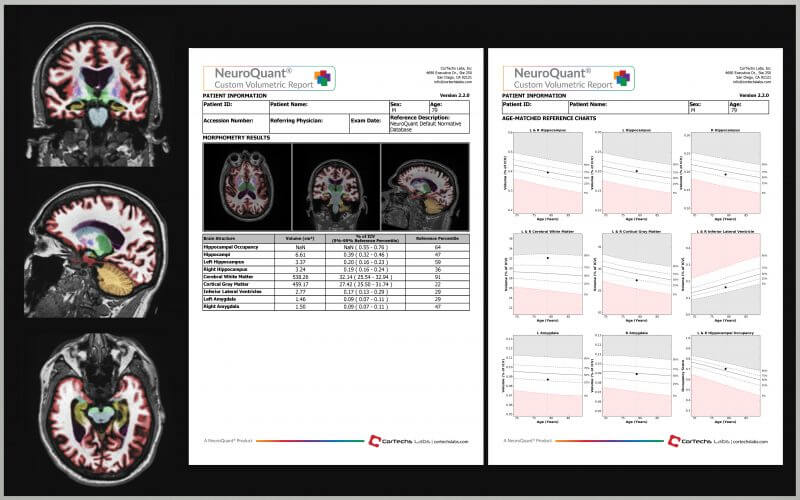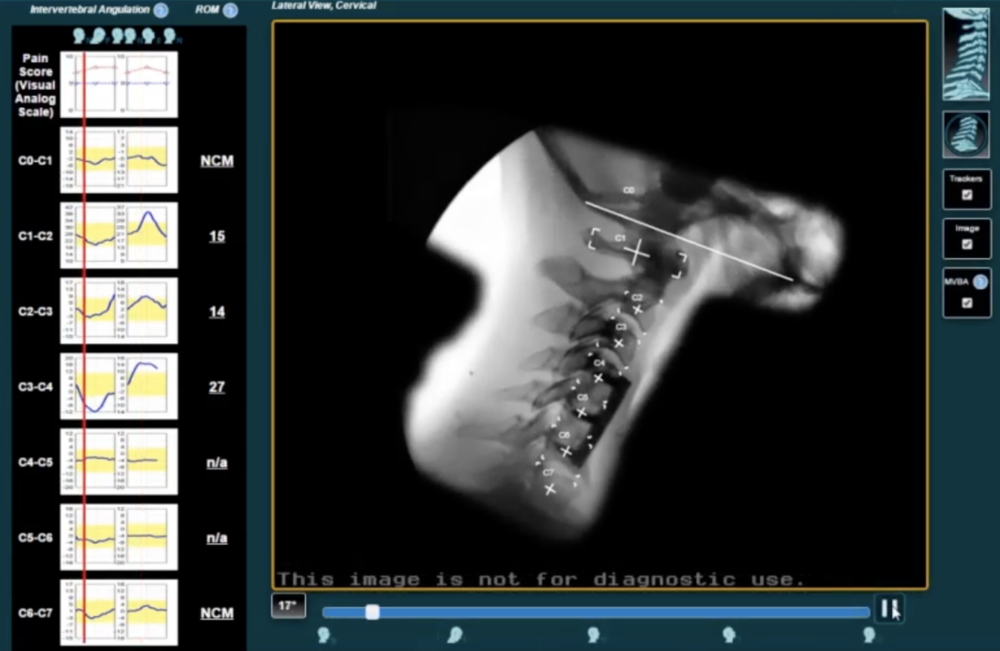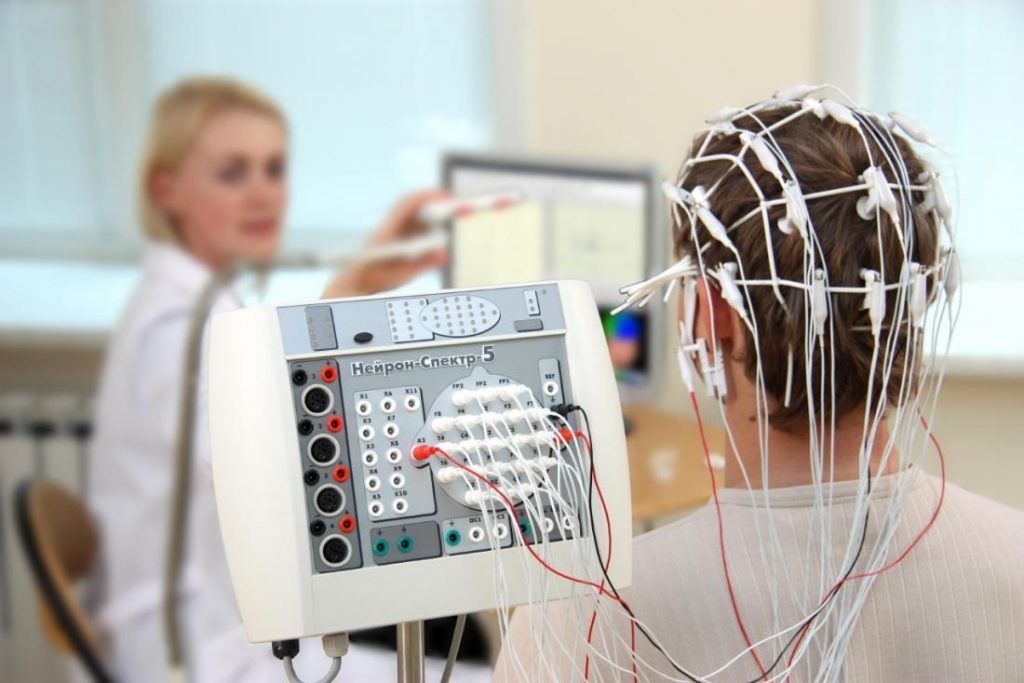With all that can be ordered for an injured patient, it can be hard for attorneys and even medical professionals to best determine what diagnostic test will help determine a more reliable treatment plan. This is even more true when it comes to brain injuries, nerve damage and spinal issues.
CP Healthcare prides itself on being your one source to get your injured patients scheduled for their diagnostic exams. Diagnostic imaging is our thing as we’ve owned and operated imaging centers for more than 20 years. Whether it’s reporting, patient care or management, CP Healthcare is your expert in the field.
Our nationwide network speaks for itself as a single-source option to help you streamline your efforts. But, CP is also the leader in providing every option for you when it comes to giving you the test you need to properly diagnose so you can treat your patients. If there is a test you think can help your patient, we can get it scheduled and completed so your patient/client can begin treatment quicker.
We all know the MRI with and without and the CT scans, but what are some of these other tests that CP Healthcare has as options in its centers or network? Here are just a few of importance when it comes to the brain, nerves and spine issues.
Diffusion Tensor Imaging (DTI)
- DTI is a magnetic resonance imaging technique that enables the measurement of the restricted diffusion of water in tissue in order to produce neural tract images instead of using this data solely for the purpose of assigning contrast or colors to pixels in a cross-sectional image. The advantage in layman’s terms is DTIs makes it possible to estimate the location, orientation, and anisotropy of the brain’s white matter tracts. By doing this, it allows a true view of damage to these areas. It was first offered in 1991 and has gained a lot of popularity among medical professions in the past 10 years. The applications and clinical use in personal injury and traumatic brain injury cases have increased as well in the past five years. A detailed clinical abstract from the National Center of Biotechnical Information on DTI can be found HERE.

NeuroQuant(R)
- NeuroQuant is software that analyzes a brain MRI to improve the early detection and treatment of dementia, Alzheimer’s disease, traumatic brain injury, multiple sclerosis, and epilepsy. NeuroQuant precisely measures the brain atrophy (shrinkage) by measuring the hippocampus and other brain structures that usually shrink when a patient has certain conditions affecting the brain. NeuroQuant can help your doctor diagnose and follow the progression of certain diseases. NeuroQuant compares an MRI of a patient’s brain to a database, approved by the U.S. Food and Drug Administration, of people of the same age, sex and skull size who have healthy brains. This has been a game-changer when it comes to traumatic brain injury cases as there are more documented comparables from athletes and others who have declined in their mental capacity over time due to initial concussions. The database will only continue to improve helping make this a viable option in personal injury diagnosis and treatment.

Vertebral Motion Analysis (VMA)
- VMA is a full-motion X-Ray that allows medical professionals to pinpoint the areas of damage and pain in patients. The VMA, unlike a common x-ray, takes hundreds of x-ray type pictures of your spine while you move to create a video. VMA provides more accurate motion measurements to help diagnose your unique condition and gives you an analysis of the spine in real-time. Studies have proven the VMA is 30% more reliable than traditional X-Rays.

Electroencephalogram (EEG)
- An electroencephalogram (EEG) is a noninvasive test that records electrical patterns in your brain. The test is used to help diagnose conditions such as seizures, epilepsy, head injuries, dizziness, headaches, brain tumors, and sleeping problems. It can also be used to confirm brain death. A cost-effective way to help diagnose and treat in personal injury.

Electromyography (EMG)
- Electromyography (EMG) is a diagnostic procedure that evaluates the health condition of muscles and the nerve cells that control them. These nerve cells are known as motor neurons. They transmit electrical signals that cause muscles to contract and relax. An EMG translates these signals into graphs or numbers, helping doctors to make a diagnosis. EMG results can help the doctor diagnose muscle disorders, nerve disorders, and disorders affecting the connection between nerves and muscles. A very vital test for some of our personal injury patients for sure.

These of course are but a few of the diagnostic tests CP Healthcare can schedule for you. You can request these exams ONLINE, by CALLING or by EMAIL.
If you have any questions on how more CP can help you and your patients/clients, please let me know directly and I’ll be glad to assist.


